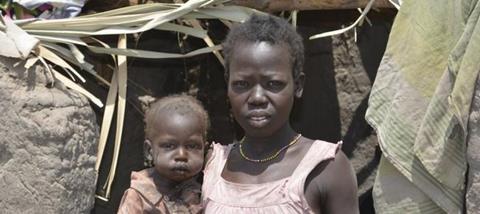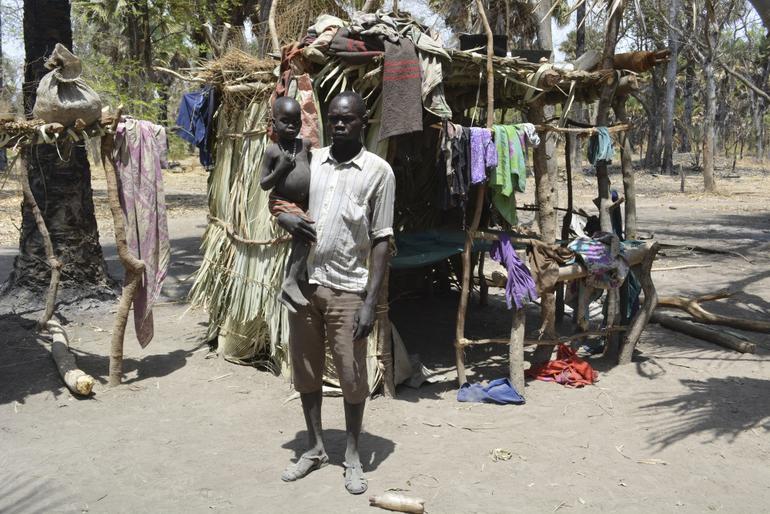
It seems hard to fathom that in the 18th year of the 21st Century millions of humans are on the brink of starvation because of a lack of something as basic as food and water. And yet here we are. The UN has described the current situation as the worst humanitarian crisis since the second world war. As a general rule, you know it’s bad when the Disasters Emergency Committee launches an appeal. The DEC brings together the 13 main aid agencies in the UK along with the UK broadcasters in a joint call for help. Not only are there 16 million people facing famine like conditions in Somalia, Ethiopia, South Sudan and Kenya but there’s also a food crisis in nearby Yemen and in parts of Nigeria too.
The causes
The causes of the crisis are multiple and intertwined. We often prefer simple and straightforward reasons for things, maybe especially nowadays when we’re bombarded by information on a variety of fronts. Part of the reason for the food crisis is conflict, another is changing climatic conditions. In South Sudan, civil war is entering its fourth year and the resulting collapse in the economy has contributed to high levels of food insecurity, with 100,000 people facing starvation in Unity State alone. In Ethiopia, Somalia and Kenya, drought has affected two consecutive harvests, leading to the loss of crops and livestock, and therefore, malnutrition and disease.
People need food and water as fast as possible
Although the causes are complex the solution, in the short term, is simple. People need food and water as fast as possible.
James Mayen lives with his wife, three daughters and a son in Barmayen Village, Bar el Ghazal, South Sudan. He is a farmer but at the last harvest, in September 2016, James gathered a single bagful of sorghum, enough to last until the start of November. His five-year-old son Adut has been unwell for a week, and in that time the family hasn’t eaten a single proper meal. The villagers have resorted to fishing in the river, but with decreasing water levels and overfishing, even the river isn’t yielding enough food. James says: "Our last successful catch was 10 days ago." Like so many other families they are now thinking of leaving their home to travel to Sudan.
God's heart
Throughout the Bible, we see God’s heart for the suffering. In Matthew 25, Jesus talks about the righteous – those who cared for their brothers and sisters:
“Then the righteous will answer him, ‘Lord, when did we see you hungry and feed you, or thirsty and give you something to drink? When did we see you a stranger and invite you in, or needing clothes and clothe you? When did we see you sick or in prison and go to visit you?’
“The King will reply, ‘Truly I tell you, whatever you did for one of the least of these brothers and sisters of mine, you did for me.’”
The call is clear: feed the hungry, welcome the stranger, clothe the naked, visit the prisoner. It’s a call that echoes the words of Isaiah:
“If you pour yourself out for the hungry and satisfy the desire of the afflicted, then shall your light rise in the darkness and your gloom be as the noonday.”
In the middle of disaster on such a big scale, in the thick of a situation that feels so overwhelming, our light can shine in the darkness as we respond.
Church leaders have called on Christians to turn words into action. The Archbishop of Canterbury, Justin Welby, called the famine "dire" requiring "an urgent humanitarian and prayerful response". While Pope Francis has made an appeal for "suffering South Sudan", saying, "At this time, it is more necessary than ever that all commit not to stop at making statements, but also to provide concrete food aid and to allow it to reach suffering populations.” The pair have announced they will soon be making a joint visit to the country.
Some of the causes may be complex but the solutions are not and as Christians we have two powerful tools at our disposal. We can pray and we can give.
To make a donation to the DEC East Africa Crisis Appeal, visit christianaid.org.uk
Click here to request a free copy of Premier Christianity magazine
































